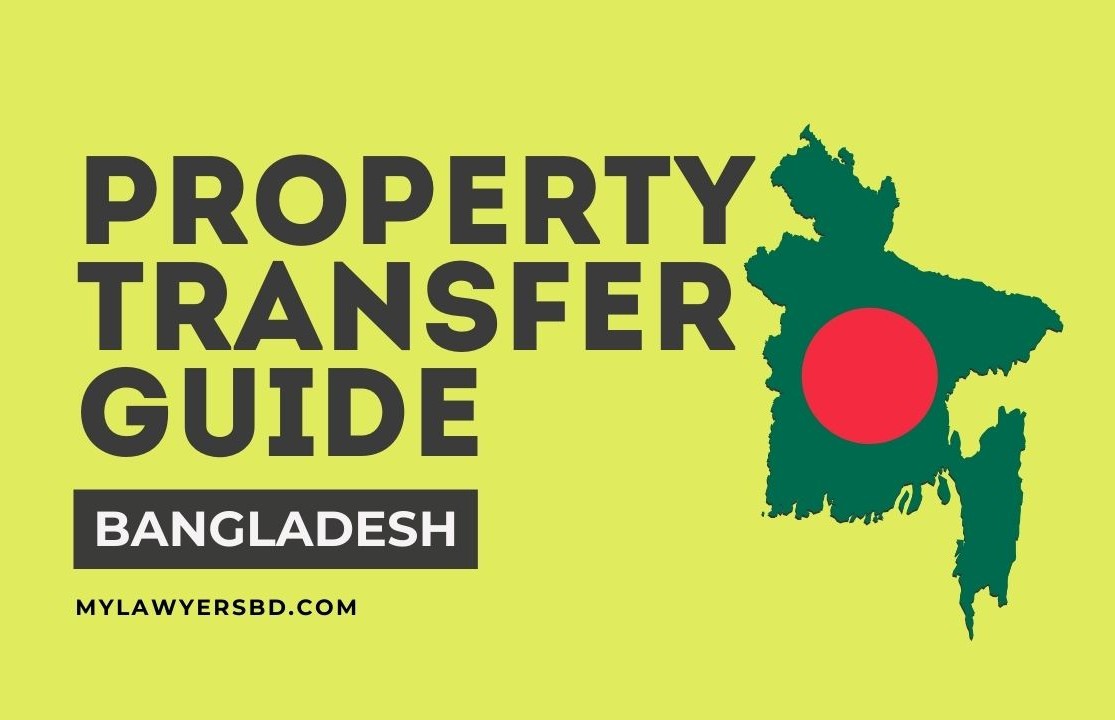For Non-Resident Bangladeshis (NRBs), transferring property in Bangladesh can seem like a difficult task due to legal formalities, paperwork, and compliance with national laws. However, with the right legal guidance and knowledge and with potential help from a top Bangladeshi law firm, NRBs can securely and efficiently transfer their properties without unnecessary complications.
Non-Resident Bangladeshis enjoy the same property rights as residents of Bangladesh. Whether it’s inherited land, purchased property, or a gift, they have the legal authority to sell, transfer, or manage their assets. However, understanding the legal process and potential challenges is crucial for a smooth transfer. This article outlines the key steps and legal considerations for expatriates looking to transfer property in Bangladesh.
Step-by-Step Guide to Property Transfer for NRBs
1. Appointing a Legal Representative: Since NRBs may not be physically present in Bangladesh, appointing a trusted legal representative or power of attorney (PoA) is essential. A reputed Bangladeshi law firm for NRBs can assist in drafting and registering a power of attorney document to allow an authorized person to handle the transaction.
2. Verifying Property Documents: Ensuring that all legal documents are in order is crucial before initiating a transfer. This includes:
- Title Deed: Confirms ownership rights.
- Mutation Certificate: Establishes ownership in government records.
- Tax Clearance Certificate: Ensures there are no outstanding property taxes.
- Encumbrance Certificate: Confirms the property is free of legal disputes or liabilities.
3. Drafting and Executing the Sale/Transfer Deed: Once a buyer is found, the next step is preparing a Deed of Sale or Transfer Agreement. This must be legally drafted, signed, and registered with the Sub-Registrar’s Office in Bangladesh. Top Bangladeshi law firms provide assistance in drafting legally sound contracts that protect the seller’s interests.
4. Paying Transfer Fees and Taxes: Several taxes and fees apply during property transfers, including:
- Stamp duty (approximately 3-4% of the property value)
- Registration fees (1-2%)
- Capital gains tax (if applicable)
- Local government charges
5. Registering the Property Transfer: The final step involves the registration of the deed with the Sub-Registrar’s Office. The presence of the seller or an appointed legal representative is required. Upon completion, the new ownership is updated in the government records.
Why Choose a Legal Firm Specializing in NRB Property Transfers?
Legal complexities, fraudulent claims, and procedural delays are common concerns for NRBs. Legal services for expatriates ensure that all steps are handled professionally, protecting clients from potential legal issues. By engaging a trusted law firm in Bangladesh, NRBs can confidently transfer their property in Bangladesh while living abroad, ensuring a secure and seamless transaction.

